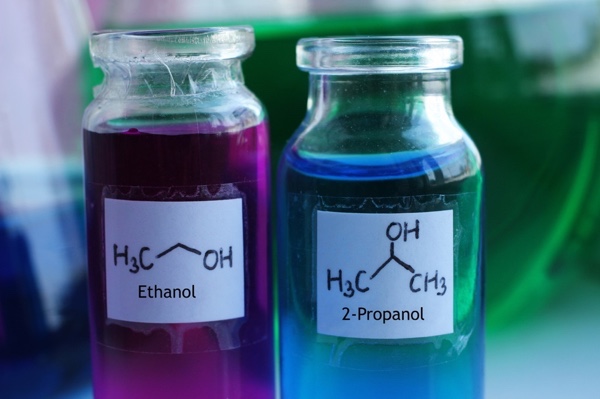Consumables
Rise in Alcohol Prices Creates Financial Impact for Packaging Companies

Friday 08. May 2020 - For flexographic companies using solvent-based platemaking processes, the sharp rise in alcohol prices we are seeing in several EU countries increases the cost of flexographic plates by as much as 3 EUR per square meter.
To get to this number, we did the following calculations:
In several European markets, the cost of alcohol has doubled, from 1 to 2 EUR per liter.
It typically requires 15 liters of washout solvent per square meter of plate.
20% of that 15 liters is typically alcohol used to remove the black mask layer, meaning an average consumption of 3 liters of alcohol per square meter of plate material.
The result is an increase in cost of 3 EUR per square meter of plate material in the solvent wash process.
At the same time, it is true that if a flexographic platemaking operation has a recycling unit on site, it can recover up to 85% of the solvents. This would still mean an extra cost of 45 cents per square meter.
While this impact may still be moderate for flexo plate maker, packaging printers who are currently using solvent-based inking systems have a much bigger burden to carry. Most large industrial ink suppliers currently implement a price surcharge for solvent-based packaging inks around the globe. In addition, it should be mentioned that they cannot guarantee supply if governments decide to redirect products for medical purposes. Whereas flexographic printing can operate with several different inking systems like UV, EB, water and solvent, packaging suppliers such as rotogravure printers are faced with limited choices.
The packaging industry is a competitive market, and, especially in the light of the global pandemic disruption, we see discussions taking place and starting to shape the “new normal” in the times ahead.
At Asahi Photoproducts, we brought our water-washable AWP plate technology to market 10 years ago. Thanks to these 10 years of experience, we know that AWP produces even better quality than typical solvent-wash plates, while at the same time creating an operation that is more in harmony with the environment.
